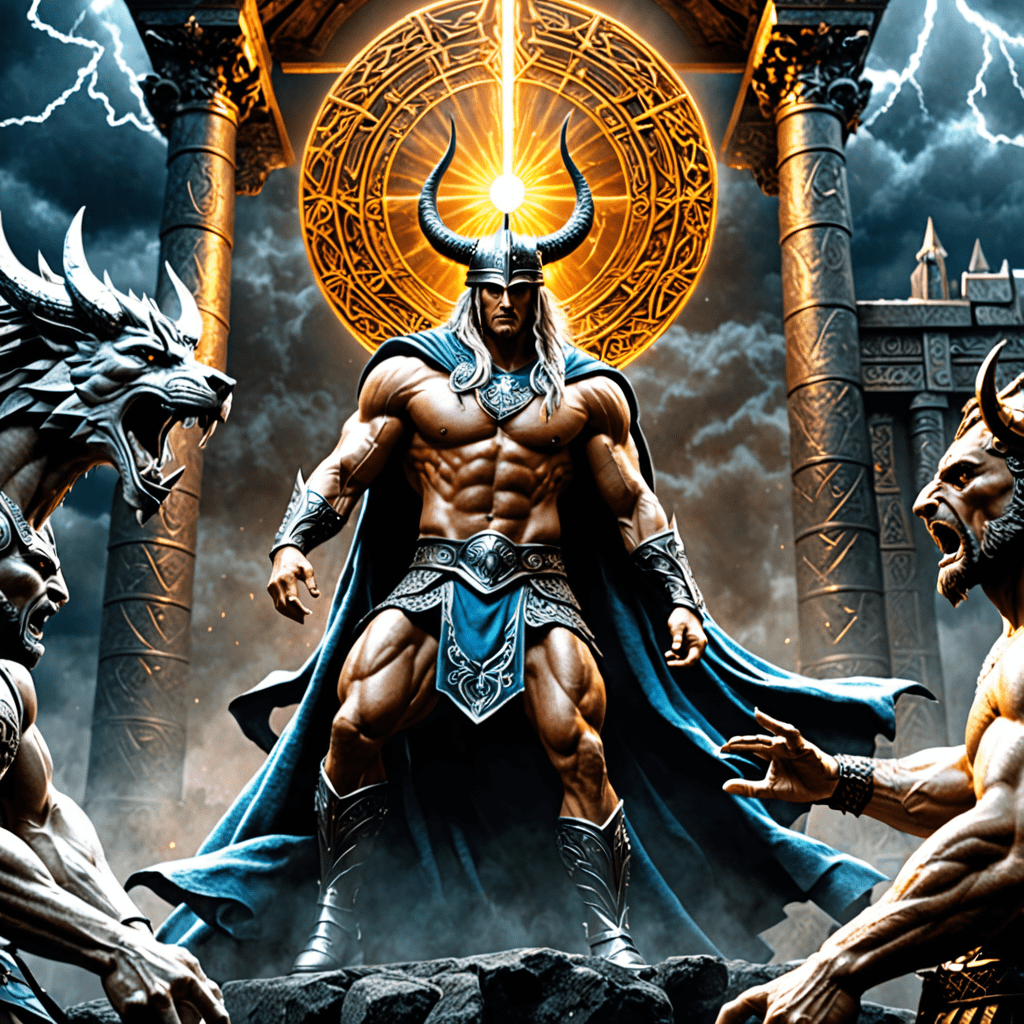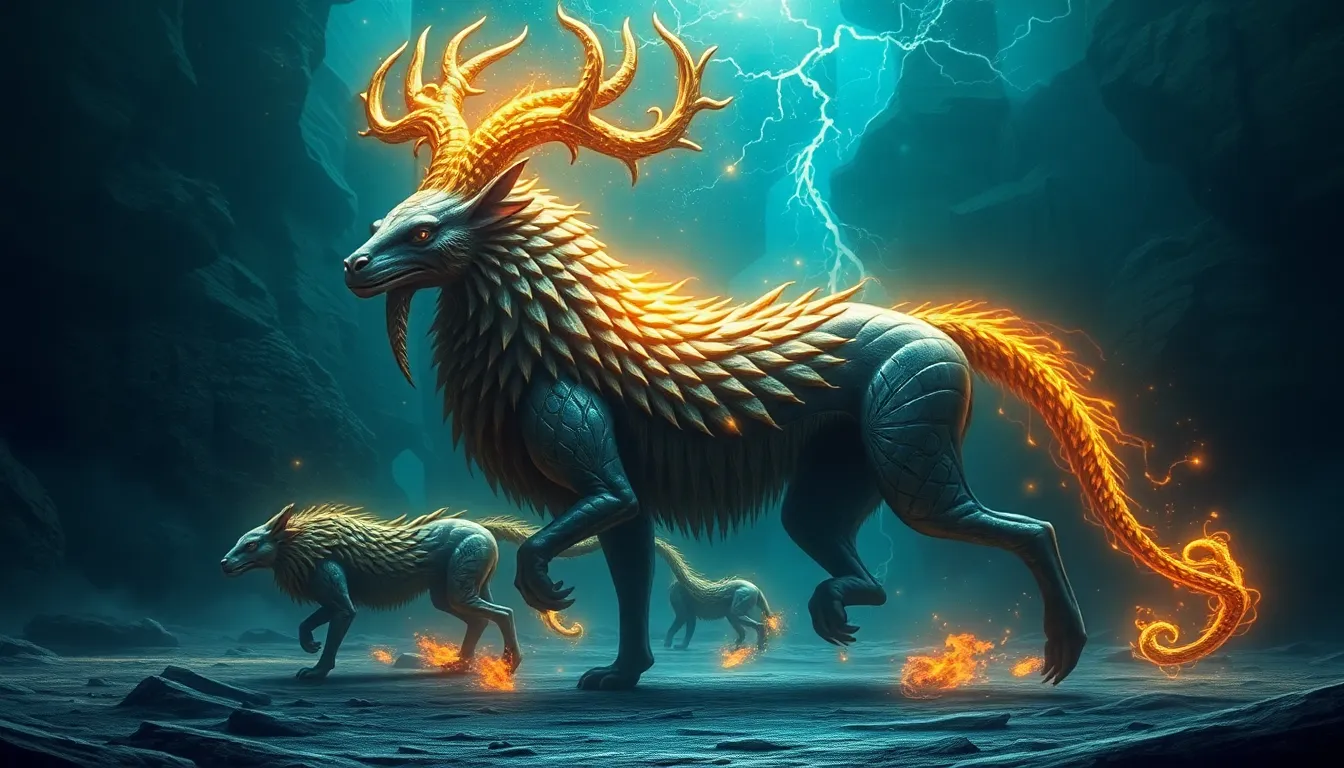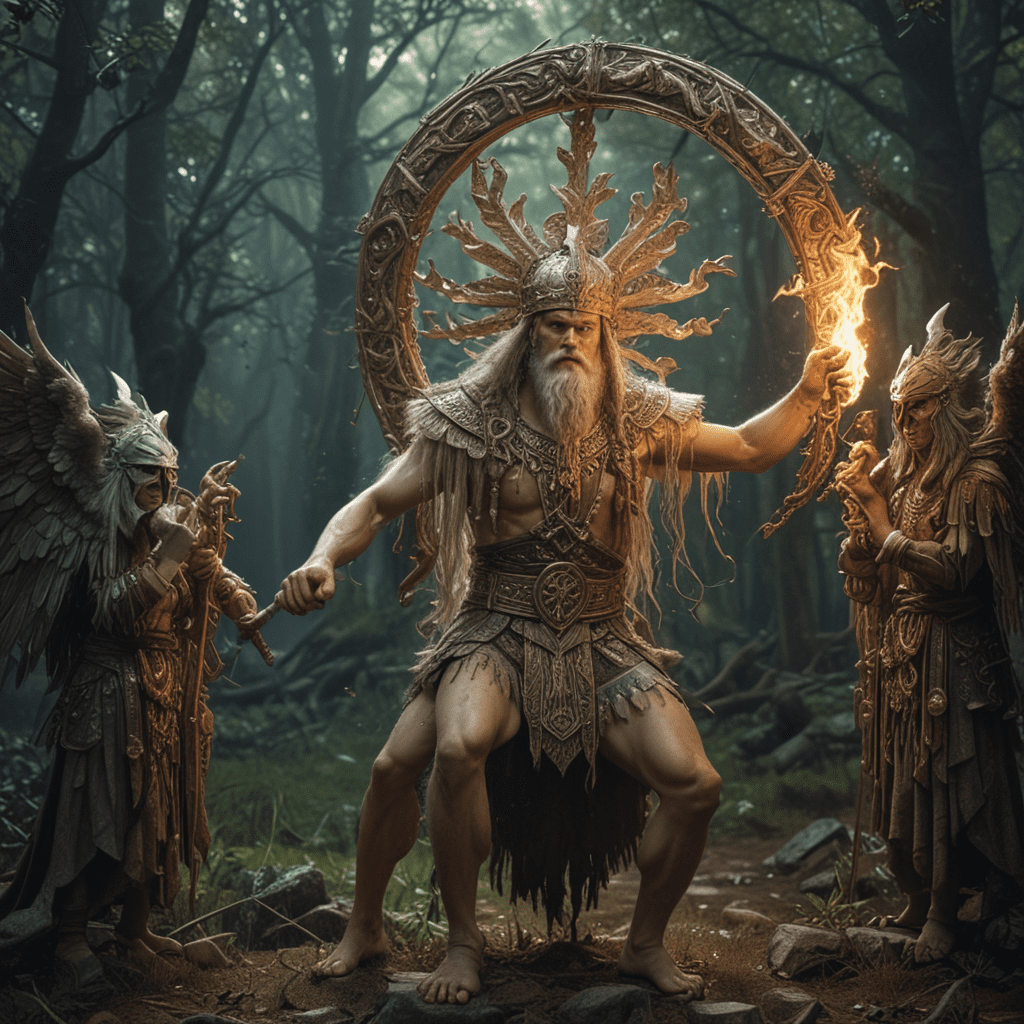The Symbolism of Dreams and Nightmares in Norse Mythology
Understanding Dreams and Nightmares in Norse Mythology
In Norse mythology, dreams were believed to be powerful messages from the spiritual realm. Dreams were seen as a bridge between the conscious and unconscious, providing insights into one’s destiny and the will of the gods. Nightmares, on the other hand, were often interpreted as omens of danger or impending doom.
The Role of Dreams in Norse Mythology
Dreams played a significant role in Norse mythology, often serving as a means of communication between gods, mortals, and other supernatural beings. According to Norse belief, dreams could reveal hidden truths, prophecies, or warnings that could guide individuals in their actions and decision-making.
The Significance of Nightmares in Norse Mythology
Nightmares held a darker significance in Norse mythology. They were seen as disturbances caused by malevolent spirits or deities, indicating spiritual unrest or impending challenges. Nightmares were often believed to be a result of one’s own actions or a reflection of deeper fears and anxieties.
Interpreting Dreams and Nightmares in a Norse Context
In Norse culture, interpreting dreams and nightmares required a deep understanding of symbolism and mythology. Dream symbols often held specific meanings that varied based on context and individual beliefs. Skilled dream interpreters, known as seers or volvas, played a crucial role in deciphering the intricate messages embedded in dreams and nightmares.
FAQs about The Symbolism of Dreams and Nightmares in Norse Mythology
What role do dreams play in Norse mythology?
In Norse mythology, dreams are considered significant as they often serve as a means of communication between the divine and human realms. They can provide insights, prophecies, and warnings to individuals.
How are nightmares portrayed in Norse mythology?
Nightmares in Norse mythology are seen as unsettling experiences that can foretell impending doom or act as a manifestation of fears and anxieties. They are believed to be influenced by malevolent beings or spirits.
What are some common symbols found in Norse mythological dreams?
Common symbols in Norse mythological dreams include animals like wolves and serpents, which can represent danger or deceit. The presence of gods or goddesses in dreams may symbolize protection, guidance, or messages from the divine.



